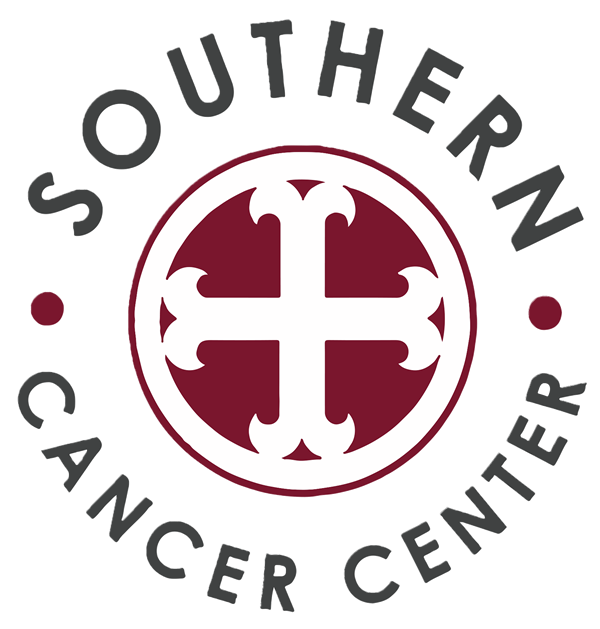
While U.S. colorectal cancer rates have been declining since the mid-80s, incidence rates in adults younger than 50 have been on the rise. In fact, according to a 2017 American Cancer Society (ACS) study, rates have steadily increased in age groups starting as young as 20.
We know that regular screening, including colonoscopy and stool-based tests, has improved detection and outcomes for patients. However, targeting healthier practices as early as possible can help reduce cancer risk.
Here are five essential tips that can boost and protect your colorectal health.
Tip 1: Maintain Screenings at Regular Intervals
Routine colorectal screening can find precancerous polyps and early-stage cancer when it is easiest to treat.
- The ACS recommends screening for those at average risk beginning at age 45.
- In families with Lynch syndrome or other hereditary colorectal cancer syndromes, colonoscopy screening should begin as early as age 20 or two to five years younger than the youngest family member diagnosed.
- Individuals who have a strong family history of colon cancer should consider screening at 40 or 10 years earlier than the earliest diagnosed case.
Speak with your provider about the frequency and screening options that are best for you.
Tip 2: Give Top Priority to Exercise & Diet
The National Institutes of Health (NIH) cites that more than 40% of patients diagnosed with colorectal cancers also have other diseases, such as diabetes and obesity. These diseases are also risk factors for developing colorectal cancer.
While work-life schedules can be busy, making time for physical activity and fresh food preparation can improve health outcomes.
- Studies show that exercise effectively lowers the risk of developing precancerous polyps and colorectal cancer.
- Regular exercise also increases antioxidant levels, helps reduce insulin resistance and inflammation, and can improve immunity.
- And an exercise program is an effective tool for weight and stress management.
Processed snack items, fried foods, and red meats are linked to an increased risk of colorectal cancer. These foods can be high in added sugar, oils, and fats, which can alter the healthy bacteria in your gut and cause insulin resistance and inflammation. Instead:
- Drink plenty of fluids, mostly from low-, no-sugar, or non-caffeinated sources.
- Prepare meals that include vegetables, fruits, lean meats, and whole grains. Foods that are high-fiber and nutrient-dense can help prevent colon cancer.
Tip 3: Reduce Alcohol Consumption
Alcohol use has been linked to a higher risk of colorectal cancers, more so in men than women. However, both groups are affected. Evidence suggests that the ethanol found in alcoholic drinks can damage body tissues and might reduce the body’s ability to absorb essential nutrients, such as folate–which can increase the risk of colorectal cancer. Alcohol consumption can also cause weight gain, which is another risk factor.
People who choose to drink alcohol should limit their consumption to two drinks per day for men and one drink a day for women.
Tip 4: Eliminate Tobacco
Do not smoke. Of the more than 7,000 chemicals found in tobacco smoke, 250 are known to be harmful, and at least 69 can cause cancer. These toxins can alter your DNA and cause abnormal cell development, which can lead to cancer.
All tobacco products, including e-cigarettes and vape pens, pose a serious health risk to users. When combined with alcohol, these chemicals more easily enter the cells lining the upper digestive tract. The combination of smoking and alcohol is more likely to cause cancer than either habit alone.
Additional health risks associated with tobacco smoke include heart disease, diabetes, stroke, lung disease, and a multitude of others that have long-term health consequences.
There are support services to help you quit smoking. The CDC offers “quitlines” that provide coaching in several languages. Call 1-800-QUIT-NOW. The American Cancer Society also provides tools online and over the phone at 1-800-227-2345.
Tip 5: Advocate For Your Health
Speak with your provider and request appropriate screening if you notice any of the following symptoms–at any age. While these symptoms can be attributed to other illnesses, it is important to discuss screening as an option.
- Changes in bowel habits that last longer than 1 – 2 weeks (diarrhea, constipation, or pencil-thin stools)
- Rectal bleeding–bright red, dark, or tar-like
- Abdominal cramping or bloating that does not go away
- Unexplained weight loss
- Fatigue even after rest
“Even if you don’t think you fit the typical demographic for colorectal cancer, speaking with your provider about any new or unusual symptoms is key to effectively managing your health,” said Dr. Connie Uzel, medical oncologist at Southern Cancer Center.
For more information on colorectal cancer signs and symptoms or risk factors, please refer to our colorectal risk blog here.
The doctors and staff Southern Cancer Center are here to help. Through an integrated, team-based approach, we are dedicated to finding and providing the most advanced therapies and innovative treatment options for the patients we serve fighting cancer and diseases of the blood. You may contact our office at 251-625-6896.
